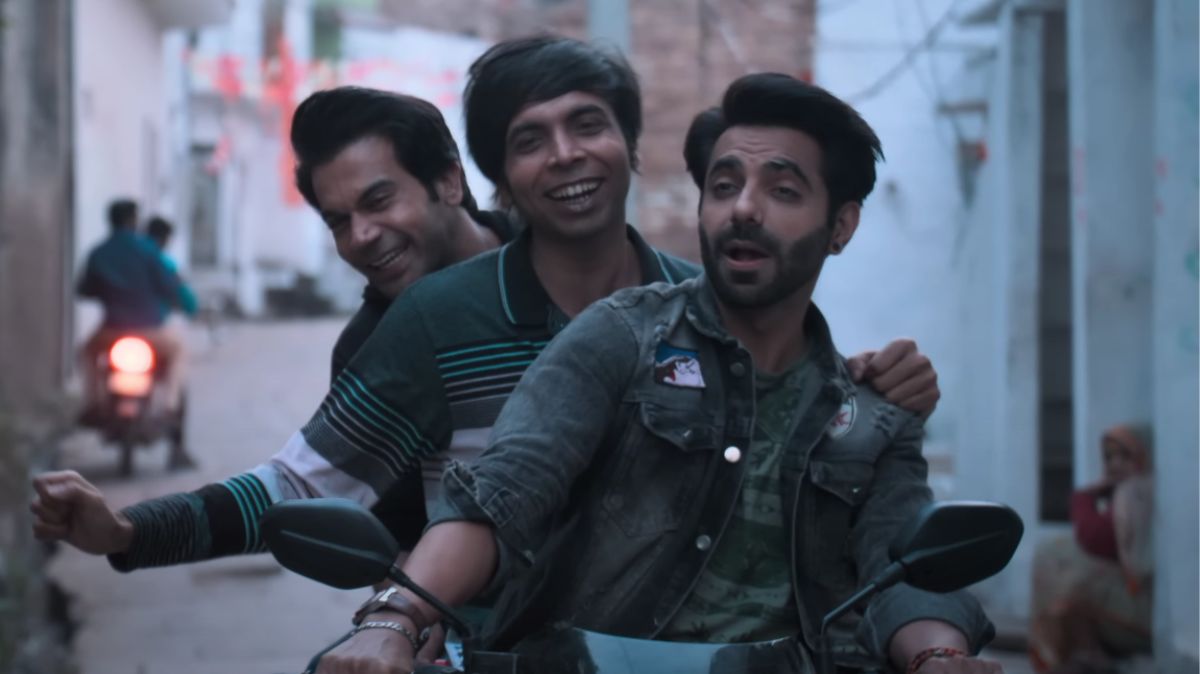Amar Kaushik’s Stree 2: Sarkate Ka Aatank hit the screens with high expectations, riding on the success of its predecessor and the broader Maddock Supernatural Universe. With a star-studded cast including Rajkummar Rao, Shraddha Kapoor, and Pankaj Tripathi, and a unique blend of horror and comedy, the film had all the ingredients to be a blockbuster. However, as the dust settles, a curious question lingers: Are critics, particularly male critics, feeling pressured to praise Stree 2 despite its evident flaws due to the fear of being labeled as misogynistic or unsupportive of gender equality?
The Pressure to Praise
In today’s cultural landscape, where discussions about gender equality and representation in media are more prominent than ever, there’s a growing awareness of how films portray women and the messages they send. Stree 2, a film centered around a female avenging spirit and its supposed empowerment narrative, naturally falls under this scrutiny. For male critics, the stakes are high. Praise the film, and you’re on the safe side; criticize it, and you risk being branded as insensitive to women’s issues or worse, a part of the problem.
This pressure isn’t just theoretical. We’ve seen instances where male critics and commentators face backlash for voicing opinions that go against the perceived progressive narrative, especially when it involves films or media with strong feminist themes. The fear of being labeled as regressive or out of touch with contemporary values can indeed influence how a critic approaches a film like Stree 2.
The Film’s Duality
Stree 2 offers an interesting dichotomy. On one hand, it’s undeniably entertaining, with sharp humor, clever references, and engaging performances, particularly by Pankaj Tripathi and Rajkummar Rao. The film excels in its first half, setting up an intriguing premise and delivering on the comedic front. For a male audience, especially those who enjoy a good laugh and some light-hearted supernatural fun, these elements are more than enough to give the film a thumbs up.
However, the film’s second half presents a different story, both literally and metaphorically. The narrative takes a sharp turn, shifting its focus to a more serious and symbolic confrontation between male and female forces. Here, the film tries to balance its horror-comedy identity with a deeper commentary on gender dynamics, but it falters. The jokes become fewer, the pacing more erratic, and the once engaging plot starts to feel convoluted.
For a male viewer, this shift can be jarring. The film seems to lose sight of its original appeal, bogging itself down in an attempt to make a statement that doesn’t quite land. And yet, acknowledging this can be tricky. Criticizing the film’s muddled message or uneven execution might be interpreted as dismissing its feminist undertones or not understanding its “deeper” meaning.
The Male Gaze Dilemma
The concept of the male gaze has long been a topic of discussion in film theory, particularly in how women are portrayed on screen. Stree 2 attempts to subvert this by placing women in positions of power and agency, but ironically, it ends up reinforcing some of the very tropes it tries to dismantle. The female characters, particularly Shraddha Kapoor’s Stree, are often sidelined, their motivations unclear, and their actions inconsistent.
From a male perspective, this raises a conundrum. Do you praise the film for its intent, even if the execution is flawed? Or do you call it out for failing to deliver on its promises, knowing full well that this might attract criticism for not being “woke” enough? The film’s portrayal of men, particularly the headless spirit Sarkata, as embodiments of toxic masculinity, also feels heavy-handed and, at times, patronizing. It’s as if the film is trying too hard to be “progressive” and ends up oversimplifying complex issues.
A Need for Honest Critique
In the end, the question isn’t whether male critics are being forced to praise Stree 2 due to male-bashing undertones, but whether they can critique it honestly without fear of backlash. Cinema, after all, is a medium of expression and interpretation, and every viewer’s experience is valid. If Stree 2 didn’t resonate with you, it’s okay to say so. It’s possible to support gender equality and appreciate strong female characters without feeling obligated to praise every film that claims to champion these causes.
The real issue lies in the expectation that one must either fully embrace a film’s message or be against it entirely. The truth is often more nuanced. Stree 2 has its strengths, particularly in its humor and performances, but it also has significant weaknesses in its narrative and thematic coherence. A balanced critique should acknowledge both, regardless of the gender of the critic.
As we continue to navigate these cultural waters, it’s crucial to foster an environment where films can be discussed openly and honestly, without critics feeling pressured to conform to a particular viewpoint. Only then can we truly appreciate cinema for what it is — a reflection of our diverse perspectives and experiences.
Trailer:










